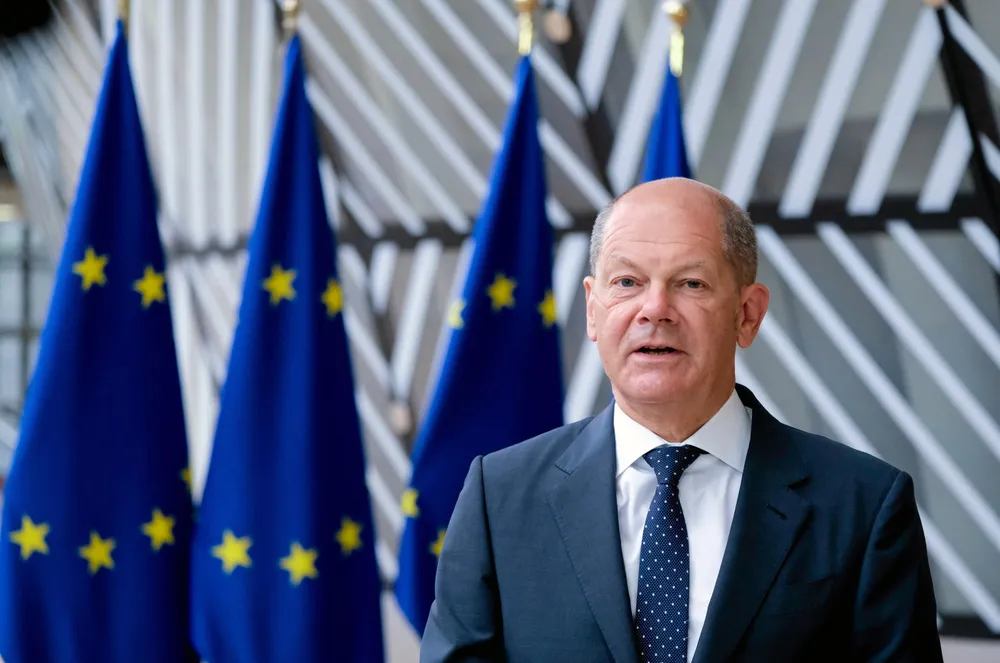EXCLUSIVE | EIB to start providing grants for green hydrogen production in developing countries after Germany adds €434m to fund
The move will be 'crucial in advancing projects often perceived as too risky by traditional investors' — and ultimately help the EU meet its renewable H2 targets
